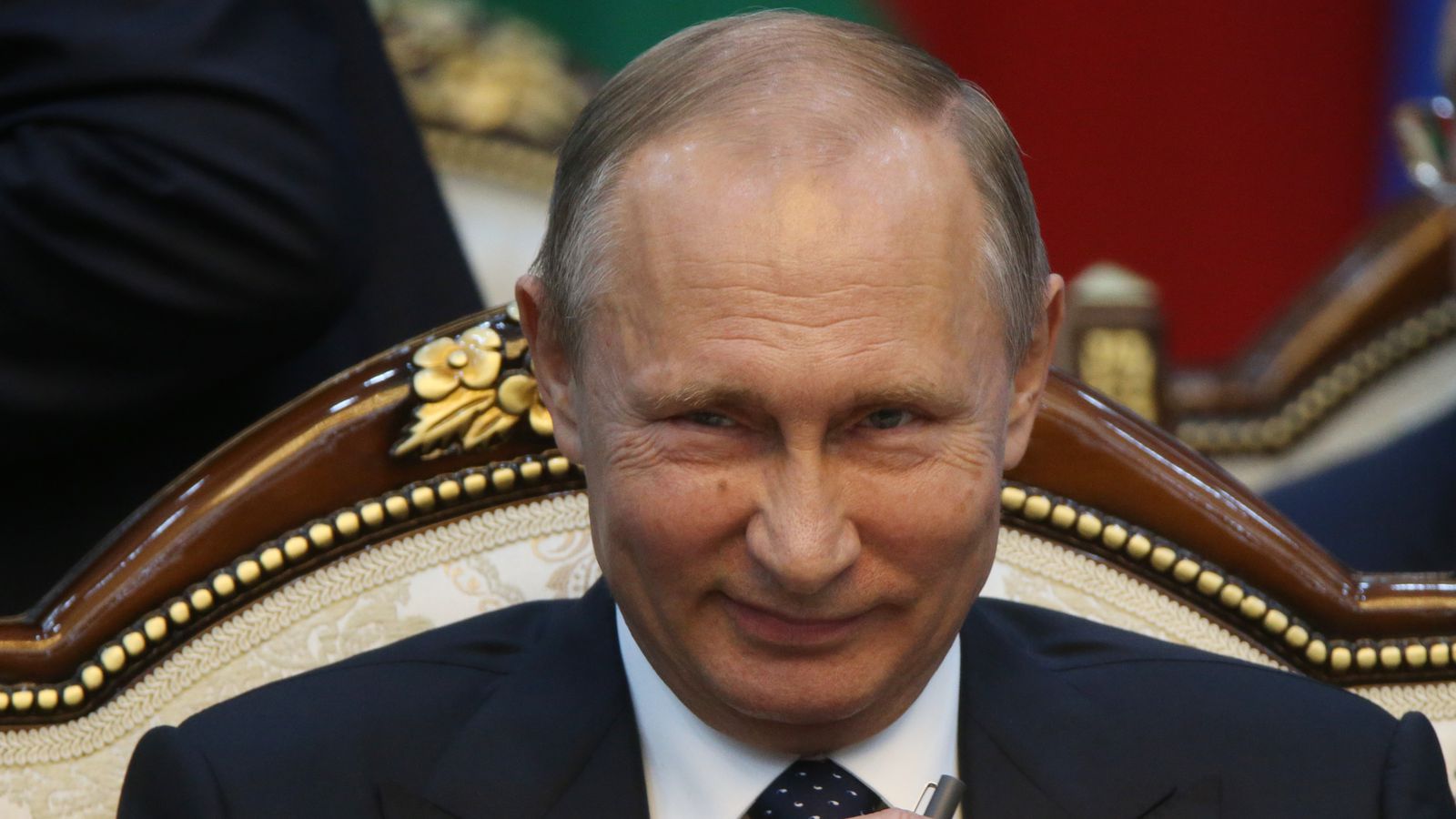
While Ukrainian forces were trying to make a breakthrough and infiltrate Russia's Belgorod region, Moscow was too busy holding a presidential election. Vladimir Putin was again reelected, and he will soon be known as Russia’s longest-serving leader.
By Nikola Mikovic
“Those who count the vote decide everything,” Joseph Stalin once said. Putin won the elections by a landslide with a stunning 87,8 percent of the votes. He will stay in power until 2030, breaking Stalin's record and becoming Russia's longest-ever-serving leader. As a result of the 2021 constitutional referendum, Putin can rule until 2036—if the people want him to, of course.
On election day, voters in Belgorod and Kursk were forced to evacuate to bomb shelters. On this crucial day, their government was not able to protect them from Ukrainian shelling. Despite such insecurities inflicted by the ongoing war against Ukraine, most Russians find Putin and his team are still capable of providing the Russian population with.
Irrelevant to the question “if” the last elections were either fair or accessible, several - relatively independent - opinion polls suggest that Putin still enjoys the support of most Russian citizens.
The Kremlin currently faces several challenges in fully controlling its internationally recognized territory. Not to mention the five Ukrainian regions Moscow annexed in 2014 and 2022. Most Russians, reportedly, think Putin deserves to stay in power for at least six more years. Not that any other organized political force can represent a serious alternative to the current Russian establishment anyway.
On March 17, at noon, thousands of anti-Putin voters in Russia and abroad came to the polls to participate in a symbolic political protest. In many cities around the world, from Beijing to Yerevan to Belgrade, long lines formed outside Russian embassies as Russian dissidents came to vote “for any candidate but Putin.”
Putin’s three counter-candidates, Leonid Slutsky (leader of the allegedly extreme nationalist Liberal Democratic Party of Russia), Nikolai Kharitonov (Communist Party), and Vladislav Davankov (“the most liberal figure on the ballot”), are all, partly by the Kremlin-installed, to function as the so-called, systemic opposition.
Davankov is the only candidate who criticized the government. He opposed the crackdown on the media and freedom of expression. Regarding the war in Ukraine, Putin and his “opponents” do not seem to have significantly different views.
In early February, the Kremlin banned an anti-war candidate, Boris Nadezhdin, from the election. A few weeks later, on January 25, a court in Moscow sentenced Russian nationalist Igor Girkin (also known as Igor Strelkov) to four years in prison. It effectively terminated from running against Putin.
In addition, after the very mysterious death of the opposition figure Alexei Navalny on February 16, something became evident. The Kremlin does not intend to tolerate any presence of the “non-systemic” opposition (be they pro-Western liberals or Russian nationalists) in the country’s political arena.
From the Western perspective, the outcome of the Russian presidential election represents a step in the right direction. Policymakers and strategic planners in the West are aware that as long as Putin is in charge of the Kremlin, Moscow will have zero chance of winning the war in Ukraine.
The Russian President and his team repeatedly refused to take measures that would allow Russia to end the conflict in its favor. To this day, despite Ukrainian attacks on Russian territory, Moscow remains hesitant about striking “decision-making centers” in Kyiv, and there is no political will to launch another assault on the Ukrainian capital or other strategically essential parts of Ukraine.
Instead, the Kremlin continues using its well-known suicidal frontal assault military tactics, aiming to capture strategically insignificant towns and villages in the Donbas. As a result, dozens of thousands of Russian soldiers lost their lives, and two years after Putin launched the invasion of Ukraine, Moscow has not achieved any of its goals in the Eastern European country.
Since Putin has criminalized the expression of any alternative opinions in Russia, he is unlikely to bear the consequences of his adventure in Ukraine in the short term. However, if the West manages to increase weapons production and help Ukraine recapture significant parts of the territory currently under Russian control, Putin’s grip on power could be weakened.
Finally, given that, according to the Kremlin spokesman Dmitry Peskov, the presidential election in Russia is “not really democracy, but costly bureaucracy,” Putin can never lose power through the ballot box. Under the current circumstances, biology remains the only limiting factor for his reign.






Putin is fighting The Globalist Occupation,
They make terrible dangerous
‘to close for comfort’
neighbors for his people.
You are FAKE NEWS,
but you probably got paid pretty good
to write this article.
💜 Angel NicGillicuddy